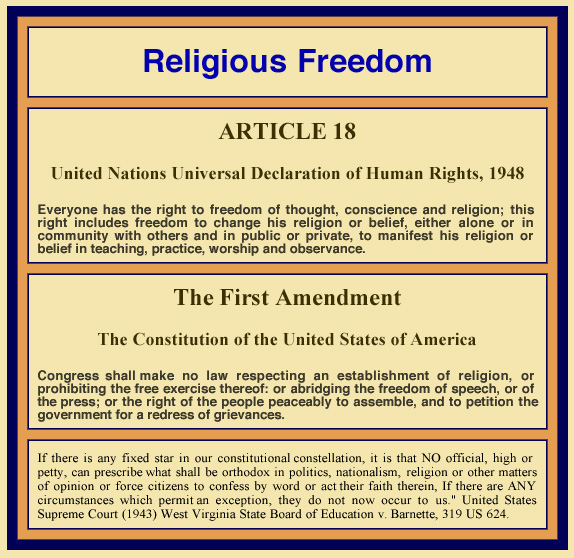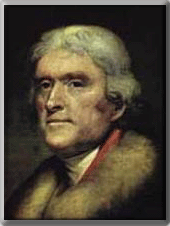|

Our Mission
We are the adherents to the Hellenic Religion of Dodecatheon, the traditional-patrimonial religion of the Greeks since ancient
times (more information about us in our website: www.dodecatheon.com). We managed to survive through the centuries, despite
the well known persecutions against us based on the Justinian Code, which directed that we be put to death by torture, using
metallic objects; and the unquenchable hatred of the Eastern Orthodox Church for us.
The National uprising (the revolution of 1821-war of liberation from the Ottoman Empire) did not lead to religious freedom
in Hellas (Greece). On the contrary, the Eastern Orthodox Church tried in every way possible to bring about our extinction.
We were the victims of an illegal, systematic and forced conversion effort and our communities in mid-mainland Greece were
harshly persecuted. At long last, and after 1981, at which time the ruling political party's declarations were made about
respecting human rights, we decided to legally demand our Human rights, as well. We rejoiced therefore when the 2462/1997
law was passed, which validated the UN General Assembly's decisions concerning Human Rights. All this, however, was a false
hope, since the aforementioned laws did not pertain or at least did not apply to all Greek citizens. The laws were merely
validated for the purpose of presenting them to the UN inspectors, so that Greece would not be expelled from the United Nations!
The Greek State (Hellenic Democracy) has persistently denied us legitimacy. Our belief and reliance in the system has
cost us dearly, since the public appearance of a number of our followers has made them targets of various illegal persecutions,
repeatedly! Unfortunately, the persecutions continue to this day and the right to religious freedom is still lacking, completely,
at least for us.
WE ARE ALSO CONCIENTIOUS CITIZENS
HAVING AS OUR AIM TO TRANSFORM GREECE INTO A CONTEMPORARY HUMAN RIGHT'S COUNTRY BY A CONSTITUTIONAL REFORM WHICH WILL
INCLUDE THE ANALOGOUS OF THE U.S. CONSTITUTION FIRST AMENDMENT.
OUR BELIEFS CAN BEST DESCIBED BY QUOTING THE U.S. SUPREME COURT OPINION (Everton case):
The 'establishment of religion' clause of the First Amendment means at least this: neither a state nor the Federal Government
can set up a church. Neither can pass laws which aid one religion, aid all religions, or prefer one religion over another.
Neither can force nor influence a person to go to or to remain away from church against his will or force him to profess a
belief or disbelief in any religion. No person can be punished for entertaining or professing religious beliefs or disbeliefs,
for church attendance or nonattendance. No tax in any amount, large or small, can be levied to support any religious activities
or institutions, whatever they may be called, or whatever form they may adopt to teach or practice religion. Neither a state
nor the Federal Government can, openly or secretly, participate in the affairs of any religious organizations or groups and
vice versa. In the words of Jefferson, the clause against establishment of religion by law was intended to erect 'a wall of
separation between church and State' ... [and] that wall must be kept high and impregnable.
*******************
In addition, we affirm the understanding of religious freedom embodied in the Universal Declaration of Human Rights (1948)
and other international covenants. While some actions taken in the name of religious rights may be ambiguous and will have
to be addressed on a case-by-case basis, we believe that religious rights include at least the following:
* Every person has the right to determine his or her own faith and creed according to conscience.
* Every person has the right to the privacy of his belief, to express his religious beliefs in worship, teaching, and
practice, and to proclaim the implications of his beliefs for relationships in a social or political community.
* Every person has the right to associate with others and to organize with them for religious purposes.
* Every religious organization, formed or maintained by action in accordance with the rights of individual persons, has
the right to determine its policies and practices for the accomplishment of its chosen purposes, which implies the right:
* to assemble for unhindered private or public worship
* to formulate its own creed
* to have an adequate ministry
* to determine its conditions of membership
* to give religious instruction to its youth, including preparation for ministry
* to preach its message publicly
* to receive into its membership those who desire to join it
* to carry on social services and to engage in missionary activity both at home and abroad
* to organize local congregations
* to publish and circulate religious literature
* to control the means necessary to its mission and to secure support for its work at home and abroad
* to cooperate and to unite with other believers at home and abroad
* to use the language of the people in worship and in religious instruction
* to determine freely the qualifications for professional leadership of religious communities, freely naming their religious
leaders at all levels and designating their work assignments.

|
 |
|

|
| Hommage to the Great Thomas Jefferson |
About us
The Committee for the recognition of the Hellenic Religion was founded in 1998 in Greece. It is the most audacious religious
movement in the 'Pagan' community in our country, as it represents formally all the Pagans in front of the law. It was founded
to repair the absurd situation of the unofficial state of the ancient, traditional, splendid religion of our country, the
religion which leaded to the miracle of the Classical age!
The Hellenic Religion, although it never died and survived underground during the Middle Ages and the Ottoman occupation,
it remained outlawed; now it is time to appear publicly and formally. Its believers must have the freedom to exercise their
religious rights like all the other people. Especially after the enactment of the 18th article of the U.N. Declaration of
the human rights by the Hellenic Parliament [law 2462/ (5-8-1997)], we decided that time has come to lay our claims to the
full exercise of our religion.
The members of the Committee, in order to deliver themselves from confusion about the nature of our religion, drew up
after serious thought the basic principles of the Hellenic Religion, as they are inherited to us by our holy tradition and
the philosophical reflection of the great philosophers of Hellas.
It is really not so simple to describe the principles of the Hellenic, or every other traditional (Pagan), religion,
without being cought in the pitfall, speaking about mere nature-loving, the conception of Gods as 'nature powers', that is
atheism, or about anything other that doesn't keep pace with the ideas respresented by popular 'Pagan' religiousness nor was
ever expounded by the great philosophers-theologicians, adepts of the divine Mysteries (foremost Orpheus, but also Puthagoras,
Plato and others).
The Hellenic Religion constitutes a complete philosophical and theological system without obscurities or logical flaws;
moreover it offers reasonable and convincing answers to the spiritual quests of modern man.
|
 |
|
|
 |
|
|
|

